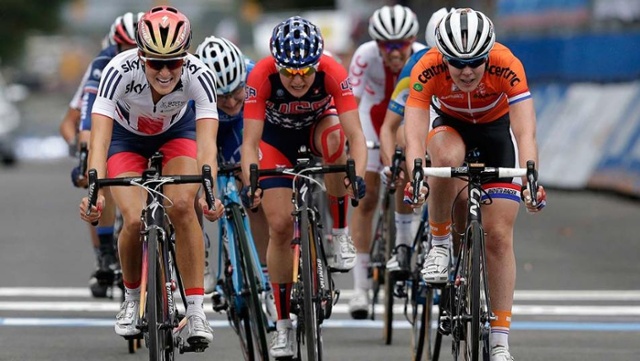Let’s talk about the Olympics and technology. It’s long been a tradition that the Olympics showcase the newest and greatest technologies in broadcast, data gathering and data analytics. This year’s summer Olympics in Rio de Janeiro, Brazil, holds true to the trend. As a matter of fact, the use of technology this year has far surpassed previous Olympic games. Whether fans enjoying the ultimate game-watching experience or athletes training with the most innovative technology, Rio is proving just how much technology is advancing all industries.
“If at the Olympics you aren’t pushing the technological boundaries to the absolute limit, then you’re failing.” – Dave Gordon, BBC’s former head of major events and Olympic broadcasting veteran
The Shift to Mobile
Perhaps the most significant indication of the seismic shift rooted in technology is the transition to mobile viewing. Rio is predicted to be the first Olympics with more viewership on a mobile device than primetime TV. An estimated 85% of viewers will be using a “second-screen” device to watch events according to WalletHub. Olympic fans cite convenience as the top reason for shifting to their smartphones for coverage. Not only is the coverage more widespread and available online, but the ability to watch the events on demand is key for fans wishing to see myriad events. According to eMarketer, 25% of Internet users argue mobile provides better content than television, and 10% of those surveyed claim a mobile device offers better content than a desktop or laptop.
The Ultimate Viewing Experience
The International Olympics Committee (IOC), NBC and many others have taken full advantage of technological opportunities by creating a dynamic experience for Olympic audiences no matter the platform. With offerings in virtual reality (VR), drone coverage, super HD and live streaming, broadcasting and streaming the Olympic viewing experience has never been better. Additionally, this is the first year audiences can watch the network’s coverage through streaming devices including Apple TV, Google’s Chromecast, Roku and Amazon Fire.

NBC teamed up with Samsung Gear VR to make more than 100 hours of 360-degree virtual reality footage available for users with access to Samsung Gear VR or Google Cardboard. The BBC is working with Olympic Broadcasting Services (OBS) to provide international broadcasters with drone footage, despite the controversy over unauthorized drone coverage in Brazil.
As for viewing the events in super high definition, NBC is broadcasting hundreds of hours of 4K, or ultra HD footage, during the games. Though in order to watch the events, you’ll need a 4K equipped television. But for those of you with 8K capacity, you’re in for a treat as OBS is recording 130 hours of 8K footage. Gordon says, “8K is absolutely sensational. You see the gymnastics in 8K and you can see the hair out of place on the gymnast’s head.”
Athletic Advancements
As for technology pushing the limits of the athletes themselves, it comes in the form of data gathering and data analytics through the Internet of Things. Winning is a fine art for athletes of this caliber. For some, increasing speed to just a few milliseconds faster could be the difference between gold and being off the podium. For others, it is nailing the accuracy of the direction and current that may guide a racer to a win. The strides that have been made in technology for measuring performance are astounding, and they have equipped athletes with that competitive edge necessary to compete against the best in the world. And wearable devices are where it’s at.

Take for example the U.S. Women’s Volleyball team. In 2014, the team integrated the use of VERT, a wearable technology that tracks jump height and exertion as well as keeps count of the jumps. The device which is a USB-sized rate monitor worn around the waist helps the team train more efficiently and prevent injuries. And as they say, the proof is in the pudding; the volleyball team took the world title in 2015, the year following the implementation of the technology and they are on track to potentially win Olympic gold in Rio.
In the cycling field, augmented reality glasses and bike sensors are providing the feedback and analysis cyclists need to optimize their pedaling. Power, speed and pedal revolution data is collected from the bike sensors and projected wirelessly to the cyclist’s glasses through IBM’s cloud platform. When training, this provides bikers a way to see real-time stats without taking their eyes off the track, though they can’t use this device when they compete.
In all honesty, I’ve yet to scratch the surface of the technologies used to enhance athletic performance, and I can guarantee that new creations are being developed as I write. The future of sports and broadcast at the Olympics is majorly dependent upon technology. As the tech trend continues, perhaps the next winter and summer Olympics in the high tech hubs of South Korea and Japan will bring new innovations that we can’t yet imagine. Stay tuned.



